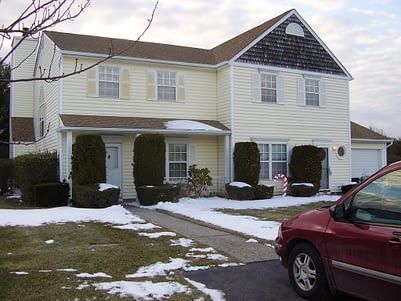It’s not unusual for homeowners to place their home into a trust for various estate planning purposes. According to CNN Money, this is an estate-planning option for even average homeowners and not necessarily only the very wealthy. However, placing the home into a trust may cause some issues when it comes to your home insurance policy. If you find yourself with a house in a trust, you’ll need to sort through the legalities to understand exactly how this should be reflected on your policy. It’s generally something that can be accommodated by most insurance companies, but it’s not going to happen automatically.
First and foremost, you need to make sure that your insurance policy references the name of the trust as an insured. If your home is now owned by the “John Doe Trust,” it should also be named on the insurance policy. Unfortunately, too many homeowners do not take this basic step when they first set up their trust and transfer title of the home. Some assume that nothing has changed from an insurance standpoint or perhaps because they are still the trustee, the policy will reimburse them in the event of a loss. However, in the event of a loss, the home insurance policy will not pay anyone who is not named on the policy. For example, if your home is now in the name of the trust and you are not the trustee, your policy would only pay you for your personal property that you still own in your name. The value of the home cannot be paid to anyone who is not a named insured on the policy.
To avoid these problems, you must discuss the ownership structure of your home with your insurance company to ensure that all parties’ interests are properly accounted for within your policy.



